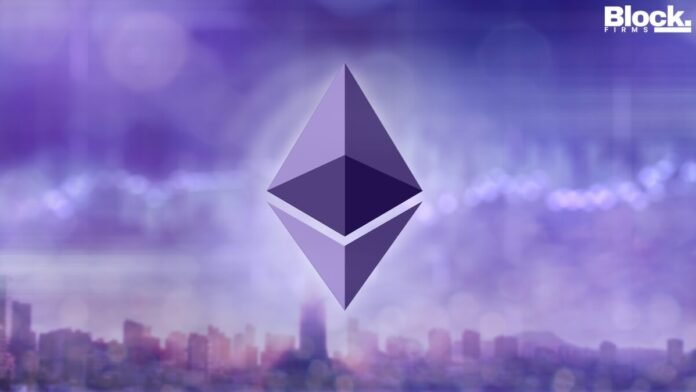Today, seven of Ethereum’s most established protocols —Aave Labs, Aragon, Curve, Lido Labs Foundation, Spark Foundation, The Graph Foundation, and the Uniswap Foundation — announced the formation of the Ethereum Protocol Advocacy Alliance (EPAA). Together, these protocols are coordinating global advocacy efforts to defend core infrastructure securing over $100 billion in onchain assets without intermediaries.
This effort comes as public interest in digital assets continues to grow. According to the Crypto Survey 2025 by Strategy & PwC network, retail investors are increasingly turning to crypto, with typical portfolio allocations now ranging from 5% to 20%. In the United States, recent polling from the DeFi Education Fund and Ipsos finds that 56% of Americans want full personal control over their money, and more than half agree that people should be able to send it digitally without intermediaries. Notably, 42% say they would likely try decentralized finance if clear legislation were passed.
Ethereum protocols have spent the past decade building global, resilient, and verifiable infrastructure that allows users to self-custody and transact without intermediaries. As this infrastructure saw growing global demand and adoption, centralized actors invested heavily in lobbying and gained outsized influence in policymaking.
Now, regulators are confronting increasingly complex questions about onchain systems, yet the principles and technologies underpinning the infrastructure are often misunderstood or dismissed. This disconnect makes clear why the teams building protocols need a stronger voice to ensure policy reflects how these systems actually work and serves the people who access them globally.
The formation of the EPAA marks a critical step toward ensuring that public policy is grounded in the technical realities of how onchain protocols operate and is aligned with the values of security, neutrality, and transparency. Leaders from the founding protocol teams emphasized the importance of giving builders a direct voice in policy discussions.
“We’ve seen firsthand the technical and practical complexity involved in building onchain systems. Bringing together the most credible protocol teams will help ensure regulatory outcomes are workable for the builders moving this space forward,” said Anthony Leutenegger, CEO of Aragon.
“Decentralization is the foundation of Ethereum’s credibility and resilience, and through the EPAA, we’re ensuring that policy recognizes and protects this principle,” said Sam Kim, Chief Legal Officer of Lido Labs Foundation.
Brian Nistler, General Counsel of the Uniswap Foundation, added: “The Uniswap ecosystem has faced undue regulatory scrutiny in the past—that’s why we know how critical it is for actual builders to have a seat at the table when policy for decentralized financial systems is being shaped.”
Through shared policy positions, technical input, and educational resources, the Alliance will advance four core priorities:
- Protecting the neutrality of the protocol layer by ensuring regulation does not interfere with the code itself or how it is developed;
- Advancing onchain transparency as a real-time verifiable source of compliance;
- Preserving flexibility for protocol innovation by avoiding overbroad requirements or rigid standards;
- Upholding global, permissionless access to onchain infrastructure.
The Alliance will collaborate closely with aligned organizations such as the DeFi Education Fund, the Decentralization Research Center, and the European Crypto Initiative to support existing advocacy efforts with pragmatic and technical expertise.
By involving protocol teams directly in policy discussions, the initiative aims to ground regulation in technical reality and strengthen the foundations of a decentralized ecosystem. The effort emphasizes coalition-building as a core pillar of effective advocacy, with a shared commitment to promoting and protecting DeFi technologies and builders while advancing crypto policy on a global scale.
“At the Decentralization Research Center, we see the Ethereum Protocol Advocacy Alliance as a vital step toward ensuring that those who build decentralized systems also help shape the rules that govern them,” said Connor Spelliscy, Executive Director of the Decentralization Research Center.
The joint effort will help ensure regulation is effective, technically grounded, and supportive of the principles that keep Ethereum protocols secure, neutral, and transparent.
Read Also: Polygon Partners with $20B Quant Firm to Bring Institutional Execution Standards to DeFi
Disclaimer: This article is for informational purposes only and does not constitute investment advice.




